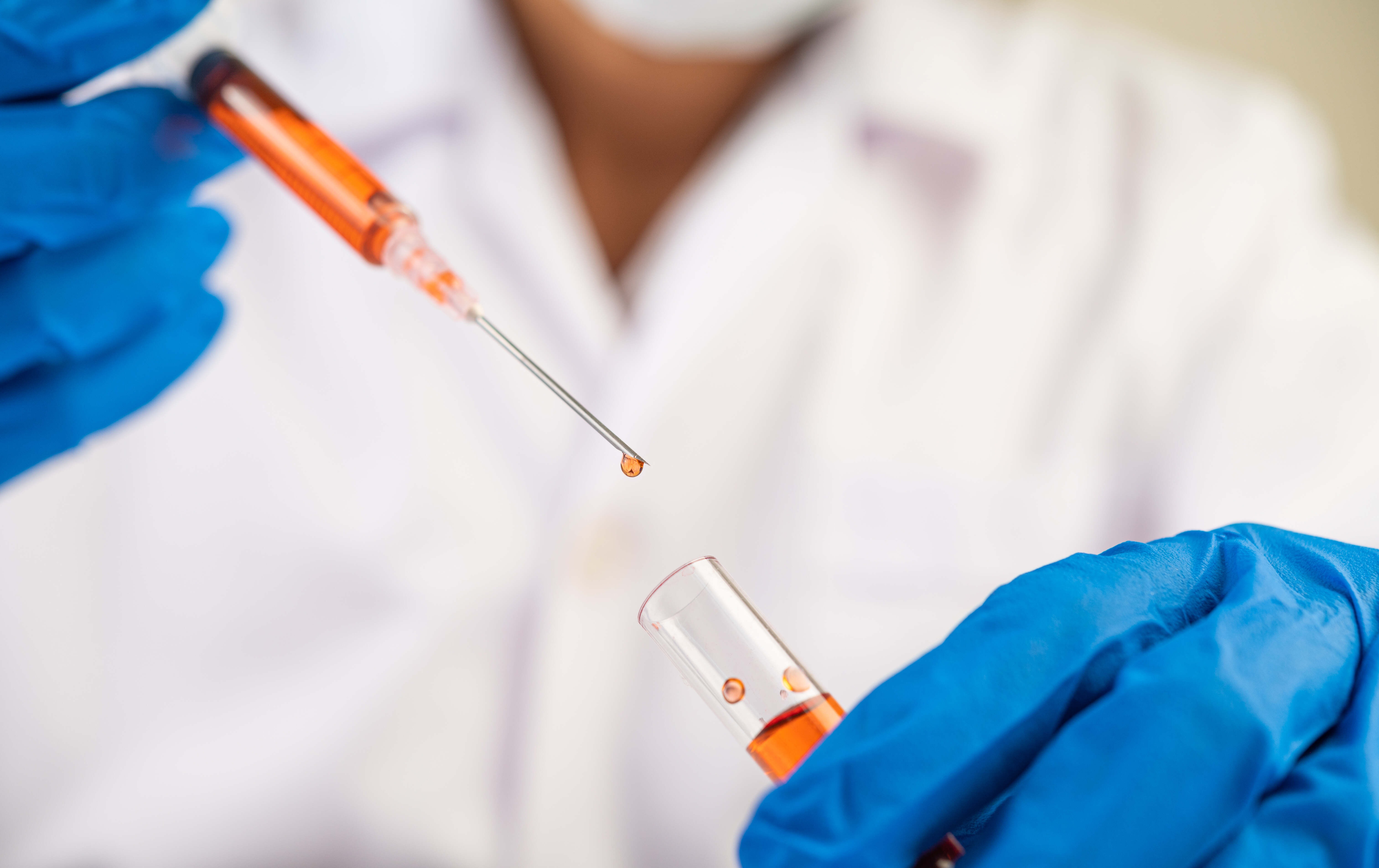

We have a database of over 11,000 colleges all over India.
Connect with us to find your perfect fit!
Blog
03 December,2021 | By Brainwonders

The preoperative period includes the time before, during, and after the operation. Administered the potential for pain and suffering during surgery, the patient is given anaesthesia, which is essentially a sedative. General anaesthesia (total loss of consciousness), regional anaesthesia (loss of awareness in one section of the body), and local anaesthesia are all options (lack of sensation in the area being operated on). The use of anaesthesia has been known for centuries, but now in the context of modern medicine, anesthesiology is a sophisticated and advanced field of medicine. Anaesthetists are the professionals in charge of this function.
Anesthesiology is a vital part of medicine because it ensures that surgery is safe, practicable, and possible. Airway management and resuscitation, which are fundamental components of anesthesiology training, are life-saving techniques that are required for any surgical procedure. There is no other field of medicine that has a better understanding and training in important organ management than anesthesiology.
Over time, newer sub-specialities such as pediatric anesthesiology, obstetric anesthesiology, neurosurgical anesthesiology, cardiovascular anesthesiology, critical care, and pain management have emerged. Most anesthesiologists have a strong understanding of all of these specialities, and some go into great detail.
Physician anesthesiologists, like your primary care physician and surgeon, are medical doctors. They are anaesthetic, pain management, and critical care medical experts who comprehend and treat the complete human body. Physician anesthesiologists have completed 12,000 to 16,000 hours of clinical training and have studied for 12 to 14 years, including medical school.
Physician anesthesiologists analyze, monitor, and supervise patient care before, during, and after surgery, as well as dispense anaesthetic, head the Anesthesia Care Team, and ensure optimal patient safety.

Certain hard and soft skills are required for an Anesthesiologist success. The following abilities are commonly found:

The administration of an anaesthetic induces a variety of changes in the physiology of the patient, including fluctuations in vital indices. This implies that these characteristics must be monitored constantly, which is what an anesthesiologist performs. Anaesthesia can also cause hypothermia, shivering, sore throat, nausea, vomiting, headache, delayed unconsciousness, and other side effects in patients.
Recommended Read: What does an Agriculturist do: Role and Responsibilities of an Agriculturist
Typically, physician anesthesiologists are in charge of providing the following forms of anaesthetic care:
General Anesthesia- This sort of anaesthesia causes you to lose consciousness and is administered by an anaesthetic mask or IV. It's utilized for big surgeries like knee replacements and open-heart surgery.
Monitored anaesthesia or intravenous sedation- IV sedation relaxes you and can result in varying levels of consciousness. The level of sedation ranges from minor (making you sleepy but able to communicate) to deep (meaning you won't remember the treatment) depending on the surgery. This anaesthetic is frequently used for minimally invasive procedures like colonoscopies. IV sedation is occasionally used in conjunction with local or regional anaesthesia.
Regional Anesthesia- Pain medicine is administered through an injection or a thin tube called a catheter to numb a significant area of the body, such as from the waist down. You will be awake but unable to feel the numbed area. This type of anaesthesia, which includes spinal blocks and epidurals, is frequently used during childbirth and for arm, leg, or abdomen procedures.
Local anaesthetic. This is a local anaesthetic injection that numbs the area of the body where the surgery is being conducted. You will be awake and attentive, but you will not experience any discomfort. This is frequently used for procedures like mole removal, sewing a deep cut, and setting a broken bone.
Visit Page: GET THE RIGHT GUIDANCE TO LEAP THROUGH YOUR CAREER

In the days or weeks leading up to your surgery, your physician anesthesiologist will ensure you are fit for surgery and prepare you for the procedure by asking extensive questions about your health, evaluating you, and reviewing tests. Your physician anesthesiologist will answer any questions you have about the procedure and anaesthesia. Make sure your physician anesthesiologist is aware of any medical issues you have, such as heart disease, diabetes, or asthma; what drugs you are taking (prescription, over-the-counter, and herbal supplements); and whether you have had previous problems or concerns with anaesthesia.
the physician anesthesiologist helps manage pain and closely monitors your anaesthetic and your vitals, either alone or with the assistance of an Anesthesia Care Team. Your physician anesthesiologist will manage any medical issues that arise during surgery, as well as any chronic disorders you may have, such as asthma, diabetes, high blood pressure, and heart difficulties.
the physician anesthesiologist supervises those who will care for you and monitor your recovery — your breathing, circulation, consciousness, and amount of oxygen — and is instantly available if you have any questions or concerns. The medical anesthesiologist is the one who makes the call about the recovery of the patient from anaesthesia and they see if the patient can be moved to a regular hospital room or the intensive care unit. After you leave the hospital, the physician anesthesiologist will design a recovery plan for you and maybe engage in pain management.
Physician anesthesiologists specialize in pain management, and some limit their practice to patients suffering from chronic pain. If you have persistent pain, such as migraine headaches, back pain, or pain due to a disorder such as fibromyalgia, speak with your doctor about referring you to a physician anesthesiologist who specializes in treating chronic pain.
Fill the form to know how!